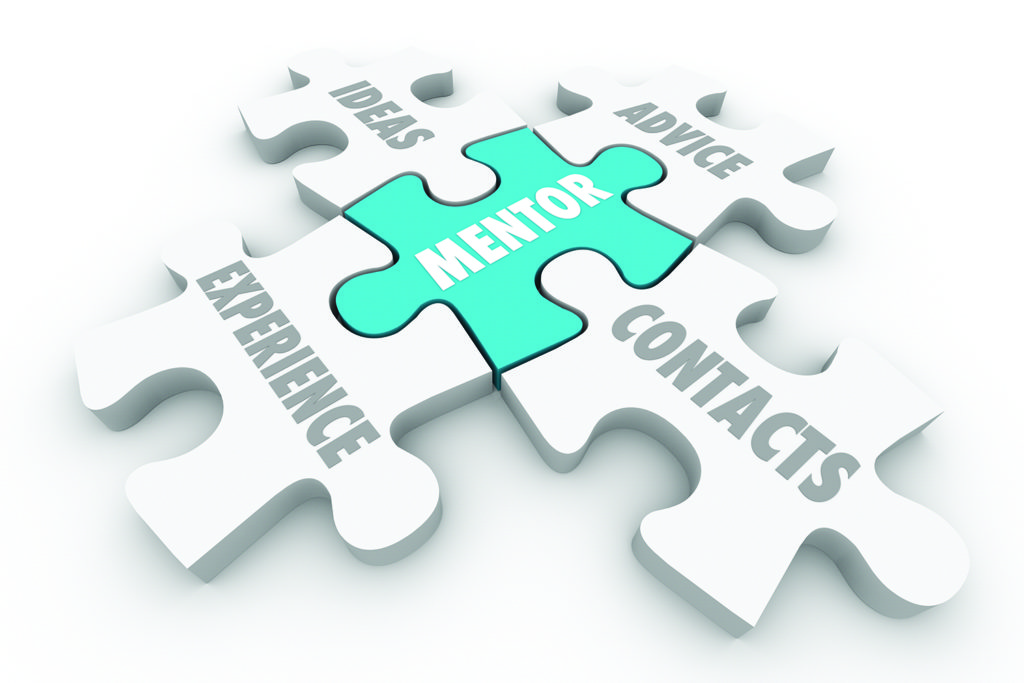
Jan 29, 2019
By Katrina Goodrich
Building Relationships
Sometimes the best laid plans get put on hold or temporarily interrupted. There is truth in the old adage that man plans and God laughs. I am still intent on highlighting different community services and actions going on throughout our denomination this year. However, I had intended that those articles actually be written by the people living them out. I thought I was doing a great job of lining up things and being proactive, but a faulty email address and the breakdown of the plan I had drawn up, left me without the article that I wanted to publish this month. Clearly those plans failed. If I were being ultra spiritual I’d just say, “Clearly, God wanted something different.” But if I were being realistically honest, my indecisiveness and lack of attention is mostly to blame.
Once I knew for sure that plans would have to be put on hold, I started thinking of what I could write to continue this theme of practical service and outreach to your community—and I met a blank wall. It wasn’t a lack of being able to write, it was just a lack of ideas. I’m not doing anything new or different in my community right now and the articles in the coming months will have ideas that are abundantly more creative.
Community outreach for me, as a quasi adult, has revolved around kids or adolescents. Camping, VBS, even my job has typically revolved around those in the 4-18 age range—attempting to positively impact their lives. There is nothing wrong with that. As I’ve been mulling it over, I realize that at this point my personal community outreach revolves around the act of mentorship, either in a formal or informal setting, and that is an easy way to form relationships within your community.
I was fortunate to participate in the Teammates© program, which for those of you who are unfamiliar is similar to the Big Brother, Big Sister mentorship model. I was assigned a student and we met for an hour a week at school and did something together. Honestly, most of the time we just walked around and conversed. Through that we built a relationship, and based on that relationship, I also had a relationship with this student’s siblings (and parents, though to a lesser degree)—people I probably would never have known if it weren’t for my participation in this program.
Chances are you have this sort of program in your area. If you don’t have something similar set up, it isn’t difficult to find a way to be a mentor—maybe you volunteer to read with students, eat lunch, or do tutoring sessions. It doesn’t need to be a huge time commitment or something intensely profound, but it’s a start to becoming more involved with the community in which you live.
Extra bonus, it doesn’t have to be something you do alone. Maybe you put together a small group from your church and either sign up for an existing program or form one. In my experience, most mentor programs are always looking for more volunteers. Building relationships like these may require a little extra effort and they may not always take off. As with anything there are no guarantees—but it is an excellent way to meet and form relationships with the people in your community.


